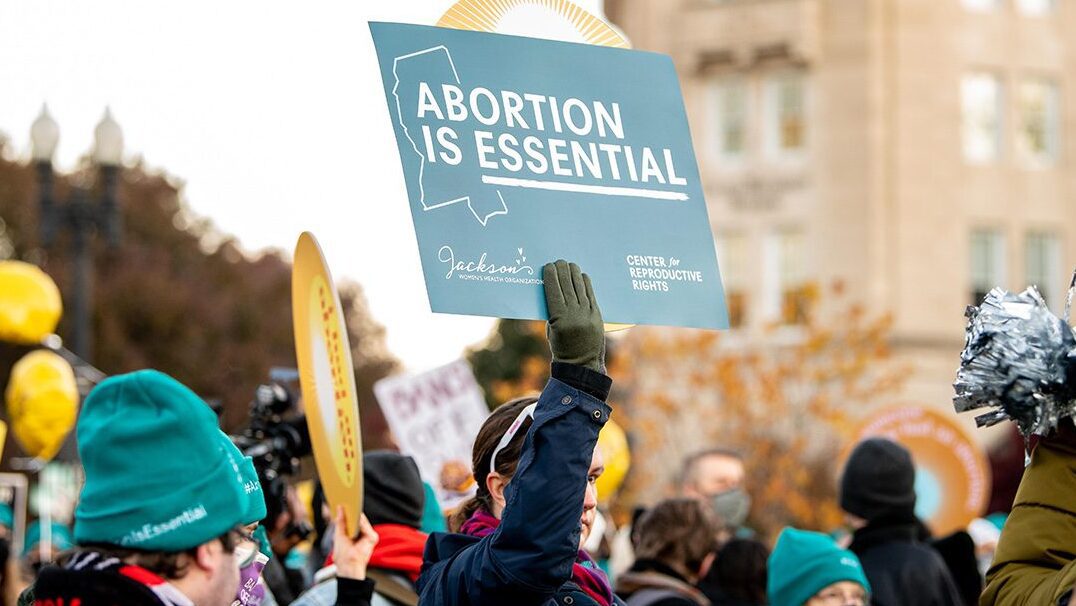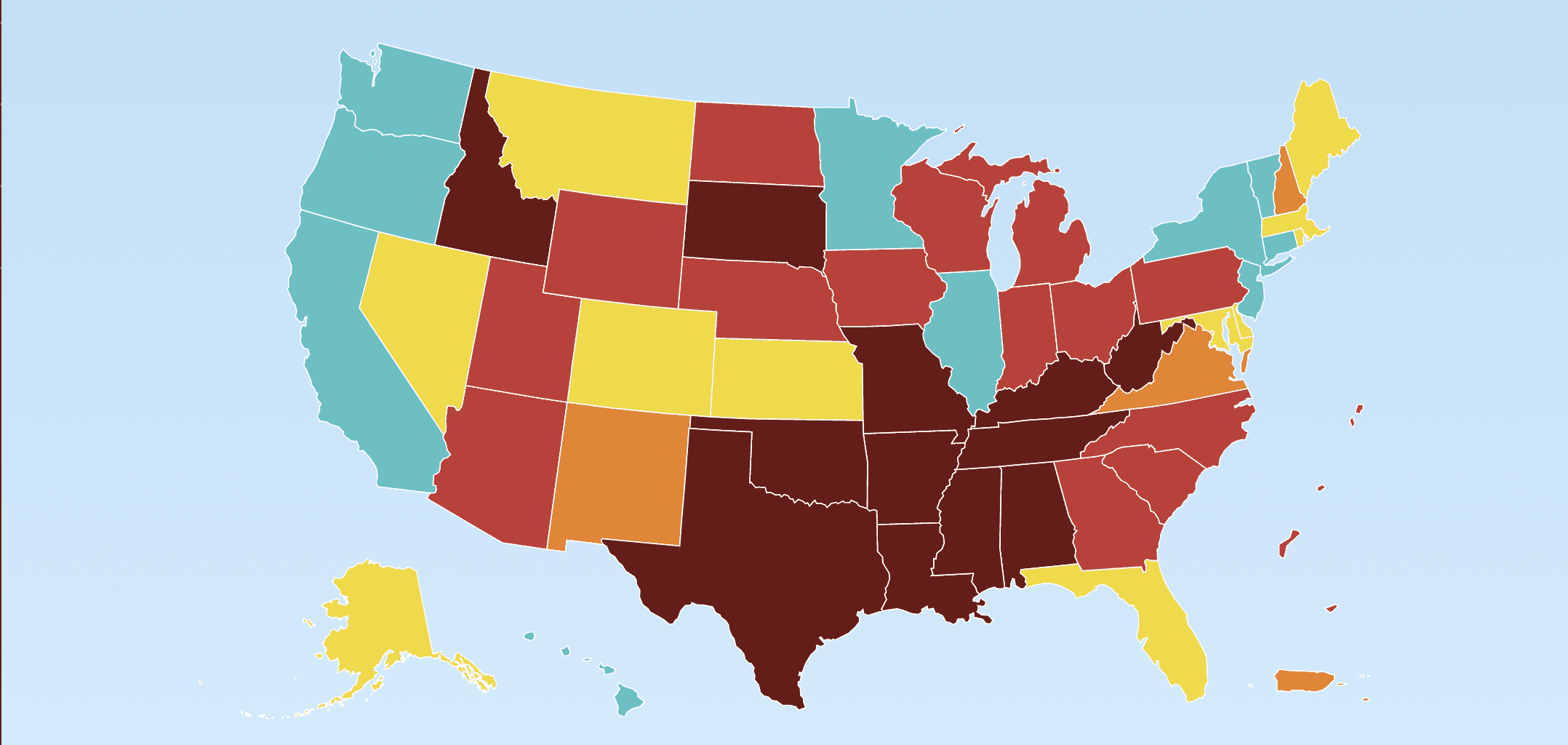Kansas Telemedicine Ban Blocked, Allowing Expansion of Medication Abortion Services
The use of telemedicine is an important tool for increasing access to abortion care, especially in remote and underserved areas.

Abortion clinics in Kansas will be able to expand access to medication abortion after a ruling by a Kansas state court. The November 23 ruling blocked a law enacted in 2011 that prohibited doctors from providing medication abortion via telemedicine.
The Center for Reproductive Rights filed the lawsuit challenging the ban in 2019 on behalf of Trust Women, which operates a clinic in Wichita. The trial court initially refused to block the law, but the Kansas court of appeals reversed that decision, ruling that the telemedicine ban has no medical justification and that it harms patients by making medication abortion less accessible and delaying care. The court of appeals sent the case back to the trial court, which has now issued an injunction blocking the ban’s enforcement.
“This decision will further open up abortion care in Kansas at a time it’s urgently needed. In this post-Roe world, telemedicine can make the difference in being able to receive abortion care or not.” said Nancy Northup, President and CEO of the Center for Reproductive Rights.
The use of telemedicine allows patients to access abortion care sooner and expands access to patients in rural and underserved areas. As more and more clinics close due to the U.S. Supreme Court’s decision in June overturning Roe v. Wade and eliminating the constitutional right to abortion, telemedicine has become an increasingly important tool for expanding access to care.
U.S. State Abortion Laws
“After Roe Fell: Abortion Laws by State” Interactive Tool
Find out where abortion is illegal, where it’s protected, and more.
Currently, abortion is entirely banned in 12 states; 18 states have laws that prohibit the use of telemedicine for medication abortion. “We will continue to fight telemedicine bans in states across the U.S. since it is a pivotal tool for the future of abortion care,” added Northup.
Kansans Voted to Protect Abortion Rights
In August, Kansans voted overwhelmingly to protect their right to abortion by defeating a ballot initiative that would have removed the right under the state’s constitution. The vote was the first time a U.S. state voted on abortion rights since the U.S. Supreme Court’s ruling overruling Roe v. Wade.
The rejected amendment would have declared there was no constitutional right to abortion in Kansas and would have given lawmakers the right to pass laws to prohibit abortion. In 2019, in a case brought by the Center, the Kansas Supreme Court recognized abortion as a constitutional right under the state’s constitution.
On Election Day, Voters in Five States Showed Support for Abortion Rights
In November, abortion was on the ballot in five states—and in each of those states, voters protected their right to abortion. Voters in California, Michigan, and Vermont approved ballot initiatives to protect abortion rights in their state constitutions. In Kentucky, voters rejected an anti-abortion constitutional amendment. Voters in Montana rejected an Initiative that would criminalize decision-making around compassionate care for newborns with fatal conditions and allow the state to interfere with the doctor-patient relationship.
“The November results made clear that when people are given the chance to vote directly on the issue of abortion, they overwhelmingly want that right protected,” said Elisabeth Smith, the Center’s director of state policy and advocacy.


